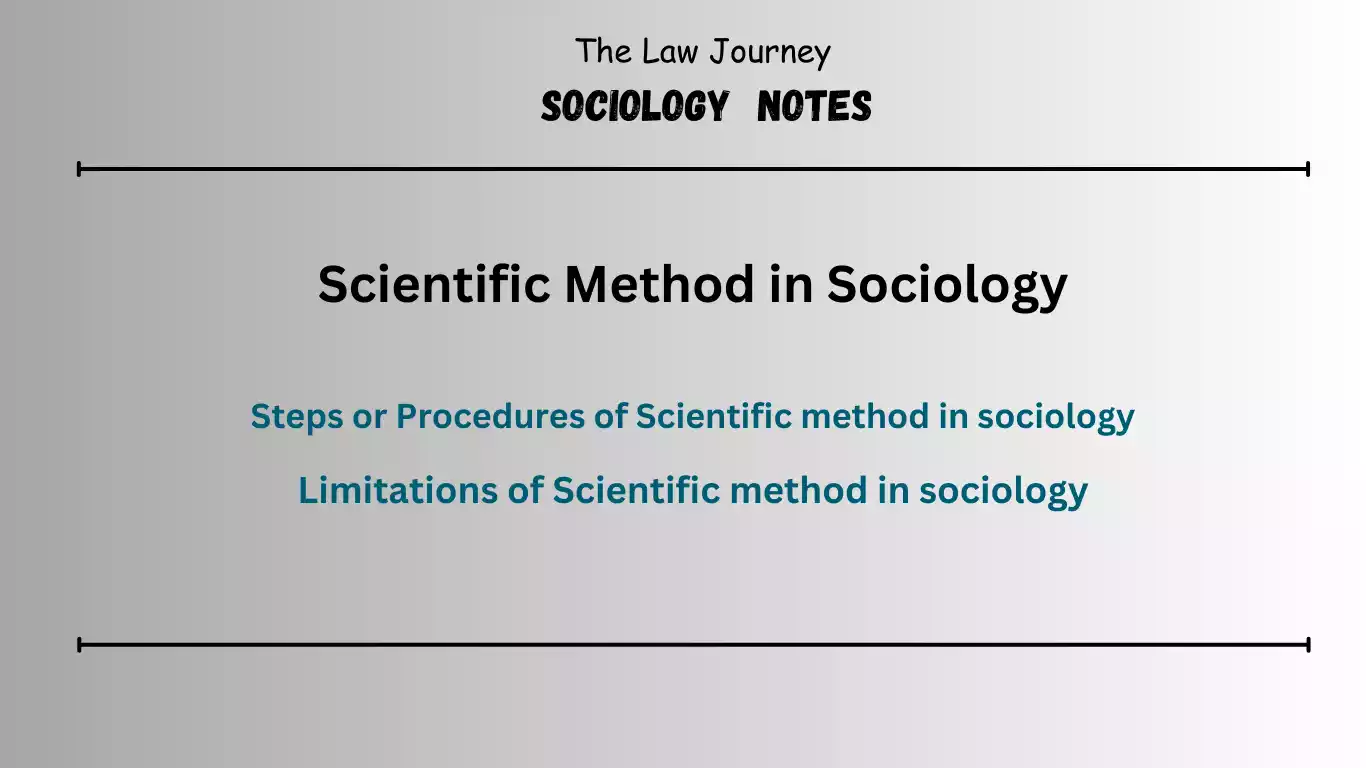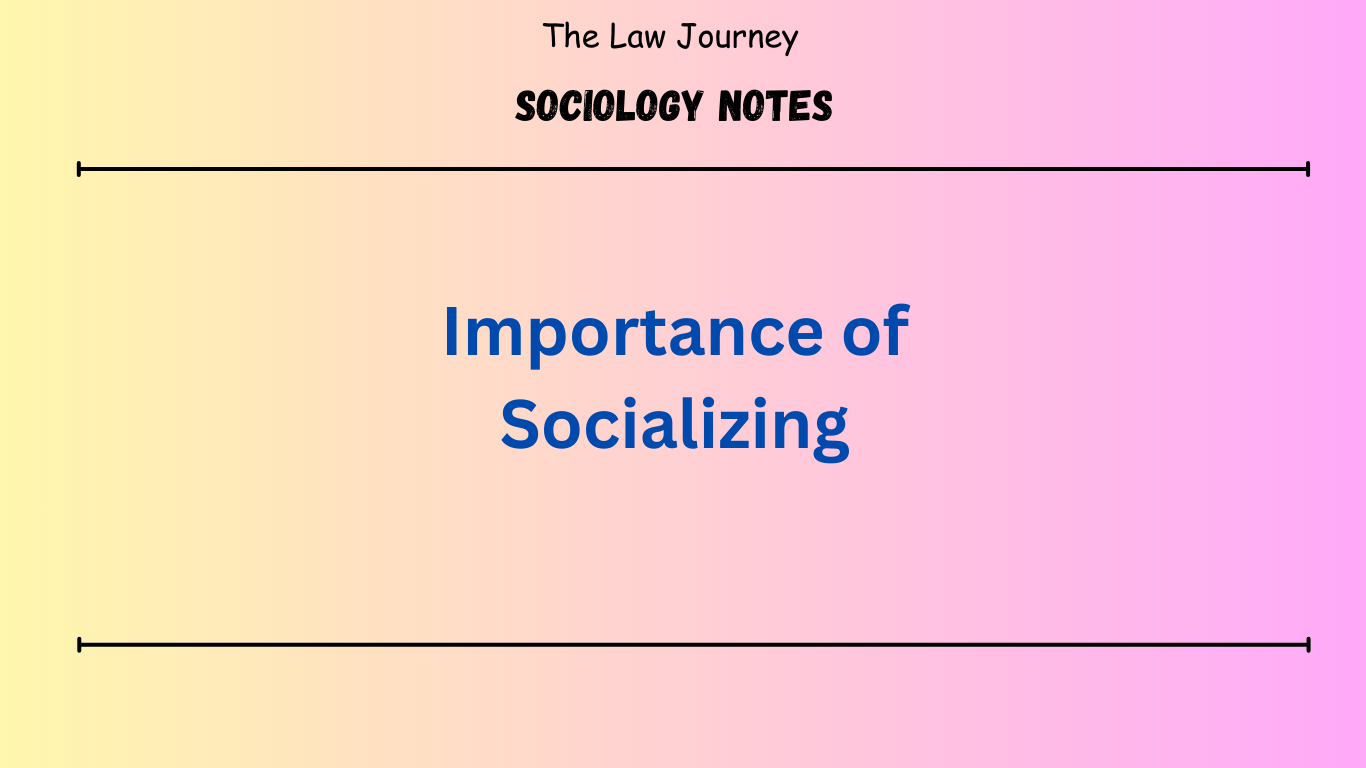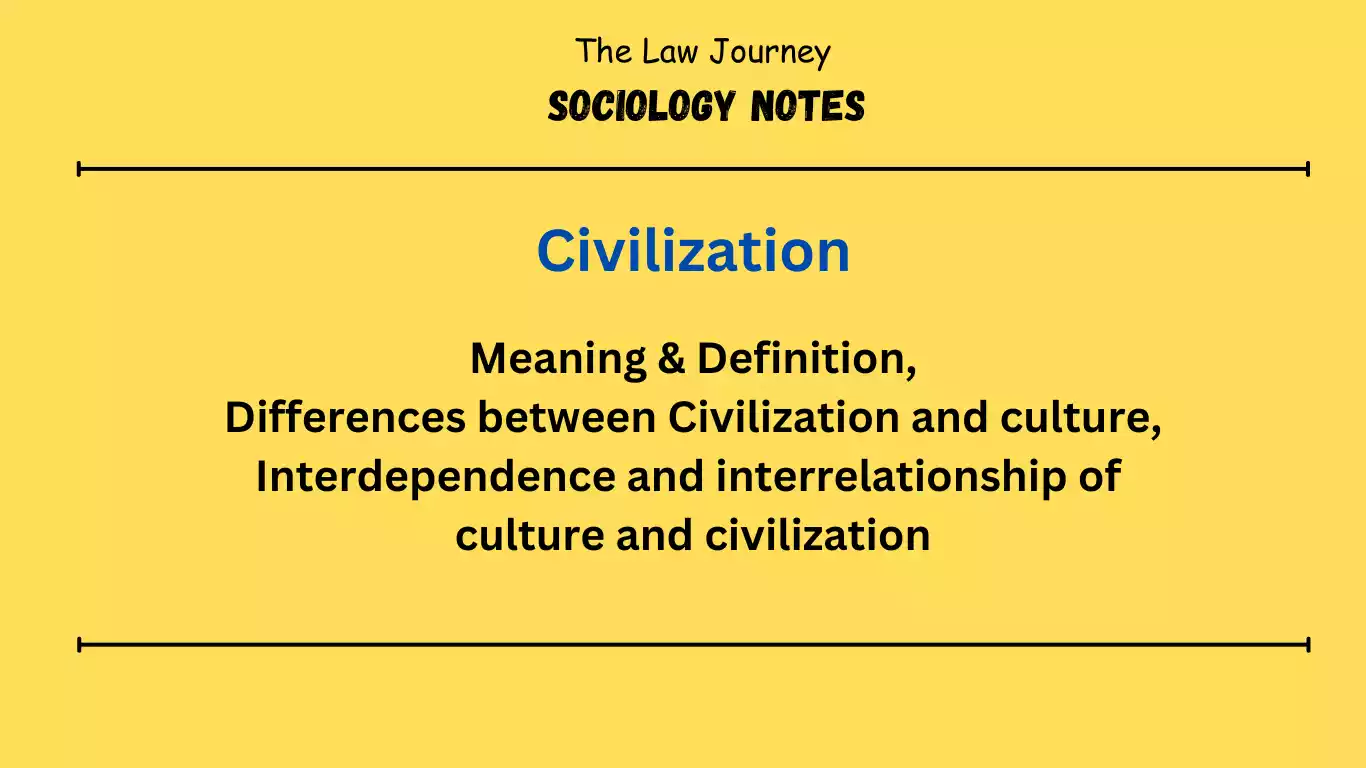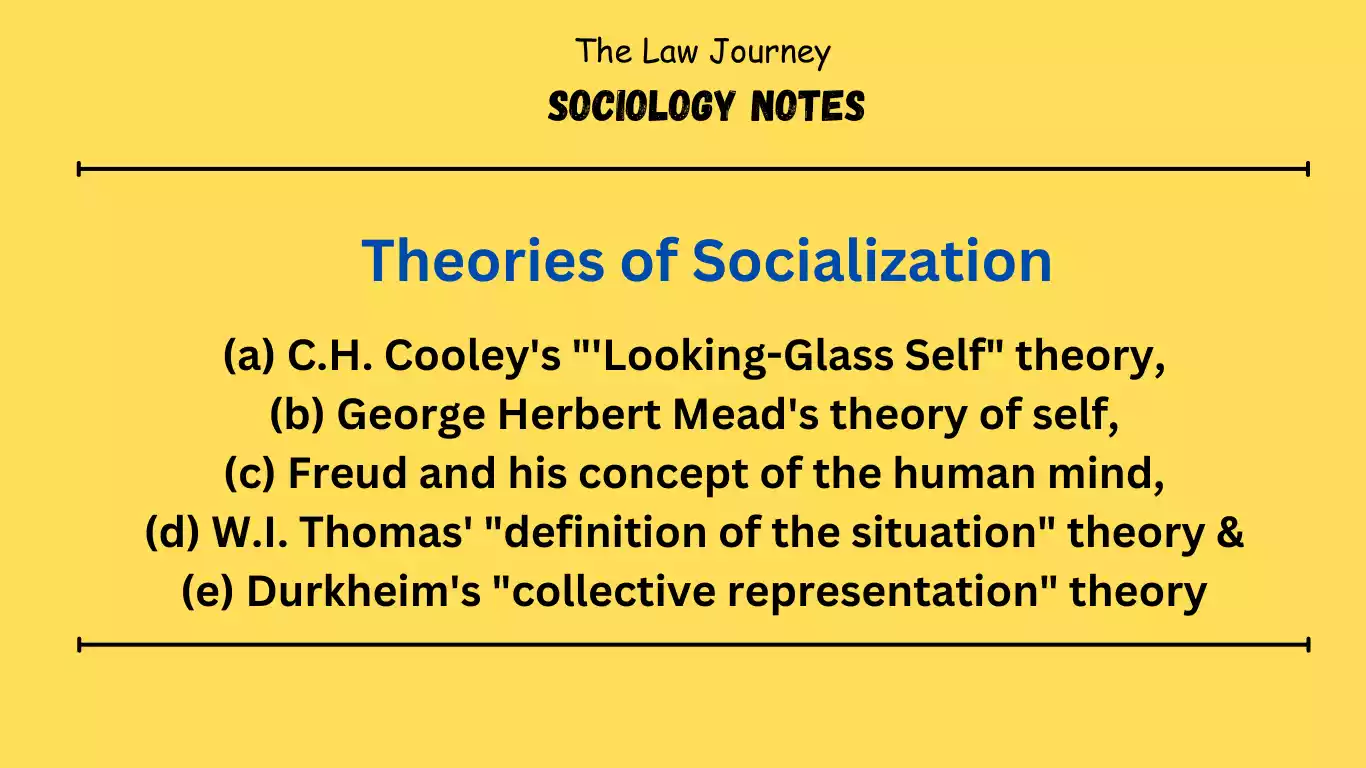Scientific method in sociology – The basis of research in any science or field is its method. Science in general and natural science in particular follows the scientific method. The scientific method contributes significantly to its reliability and objectivity. The scientific method consists of specific steps or procedures that must be followed precisely.
Below is an overview of these steps or procedures.
Steps or Procedures of Scientific method in sociology
Problem formulation | Scientific method in sociology
The “problem” is the lack of knowledge, the lack of understanding. It can be simple or complex. But this problem should be properly defined. Otherwise, you may lose your way and your efforts may be wasted. Casual observation and understanding how much knowledge you have about that particular topic will help you define the problem properly.
How to formulate a hypothesis
If you know the problem to be solved, we need some information Ideas that are likely to lead to the discovery of new aspects. These main ideas that guide the investigation are called hypotheses. This is a preliminary explanation of the phenomenon. This is an unproven preliminary guess, but expected to be correct.
data monitoring and collection | Scientific method in sociology
Hypotheses made must be verified. This requires observation and gathering of facts. Social research collects data through interviews, schedules, questionnaires, and field observations. The method of data collection depends on Types of research and available resources.
Analysis and Synthesis | Scientific method in sociology
Once data is collected, it must be processed and analyzed to draw appropriate conclusions. This requires data classification. Classification is the division of data into different groups or classes according to their similarities or differences.
Generalization
After data has been collected, processed, and analyzed, an overarching conclusion, conclusion, or generalization must be made.
Formulation of theory and law
When scientists successfully describe and explain the relationships between various facts, they have formulated a theory. If these facts have been verified by scientists and accepted as always true, then the theory can naturally be considered a law. Hypothesis theory and laws. At this point, we need to distinguish between hypotheses, theories, and laws. Hypotheses are usually made before facts have been properly observed. This is a relatively narrow problem. A theory is a tested hypothesis and deals with a variety of facts. A theory may be viewed as an elaborate hypothesis. If a theory is well-founded and consistently proven to be correct, it is considered law.
It should be noted that several difficulties are encountered when applying the scientific method to the study of social phenomena. In sociology, the scientific method has some limitations. Nevertheless, the scientific method is followed in social research, with some modifications. Limitations of the scientific method in sociology
Science is defined as a systematic body of knowledge. The word “system” here refers to the method to follow. This method is a scientific method. This is also commonly done in the natural sciences. Sociologists encounter some difficulties in applying this method to social research. The scientific method of sociology has few limitations. This is due to the nature of the product.
Limitations of Scientific method in sociology
Difficulties in using experimental methods
The sociologist’s laboratory is the world of everyday life. Sociologists have less control over the subjects they study, the people. In doing so, people are not only aware of their own motivations, motivations, emotions, feelings, beliefs, values, etc., but also have their own motives, which can have a significant impact on the investigation. Social phenomena cannot be artificially reproduced by our will.
interdependence of cause and effect
In social research, it is often difficult to determine what is cause and what is effect. We don’t know whether begging is the cause of poverty or poverty is the cause of begging. The causal relationship here is reciprocal. Moreover, the effects can have multiple causes. There are various causes.
Intangibility of social phenomena
Social phenomena are not externally concrete things that can be directly perceived by our senses. We cannot see or touch relationships. We cannot isolate the unit in a laboratory. Customs cannot be controlled, institutions cannot be measured, religions cannot be preserved in museums, values cannot be demonstrated.
Complexity of social data
Social research is about people and their social behavior and behavior. Observers are only confused by the complexity of the data, as human behavior is influenced by many factors, including physical, social, and psychological. No two people are exactly the same. So it’s difficult to generalize.
Unpredictability
Social behavior is erratic and unpredictable. Society is dynamic. It’s an ongoing process. Therefore, it is not possible to enact laws that apply to all societies, all times and situations. Therefore, it is difficult to make predictions.
Issues of objectivity
In the social sciences, the observer is part of the data. He has his own thoughts, opinions and prejudices, which may be difficult to control. Therefore, it is difficult to maintain objectivity.
Therefore, in addition to the scientific method, sociology also uses other methods such as the comparative method, statistical method, social research method, case study method, questionnaire/interview method, and functional method to obtain more reliable information about the phenome
Related Post | Scientific method in sociology
- Concept of Social Groups in Sociology
- RTI notes
- Political Notes
- Legal History Notes
- Law of Torts notes
- law project maker
- moot court memorial maker
Scientific method in sociology ?
The scientific method contributes significantly to its reliability and objectivity. The scientific method consists of specific steps or procedures that must be followed precisely.
Steps or Procedures of Scientific method in sociology ?
1. Problem formulation
2. How to formulate a hypothesis
3. data monitoring and collection
4.Analysis and Synthesis
5.Generalization
6.Formulation of theory and law
Reference Books | Scientific method in sociology
- C.N. Shankar Rao – Principle of sociology with an introduction to social thoughts
- Handbook of Indian Sociology by Veena Das
- Introduction to Sociology by Anthony Giddens
- A Dictionary of Sociology by John Scott
- Sociological Theory by George Ritzer
- Social Change in Modern India by M N Srinivas

















